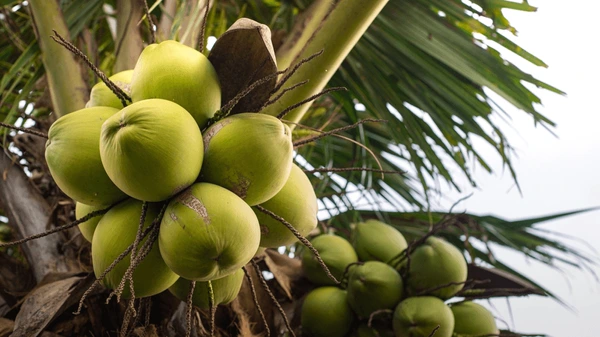How Indonesia Briquette Became a Top Export Commodity
When people talk about clean-burning fuel that’s efficient, sustainable, and easy to transport, one term keeps coming up: Indonesia briquette. Over the years, this product has moved from being a local solution to becoming a global favorite, especially in countries across the Middle East, Asia, and Europe.
So, how did this humble black cube turn into one of Indonesia’s most sought-after export commodities?
Rooted in Abundance, Built on Quality
Indonesia is home to vast natural resources, including hardwoods and coconut shells for high-quality briquettes. But it’s not just about what we have; it’s about what we do with it. Indonesian producers have perfected the process of turning raw materials into dense, long-burning briquettes that meet international standards.
This dedication to quality has made Indonesia briquette trusted by importers looking for consistency, low ash content, no spark, and longer burn time.
A Product That Matches Market Needs
From shisha lounges in Dubai to barbecue nights in Seoul, buyers want fuel that delivers performance without compromising cleanliness or environmental standards. That’s where Indonesia briquette shines.
Its versatility has made it suitable for a range of uses from household grilling to industrial heating—without the smoke, mess, or inconsistency of raw charcoal.
Growth Backed by Export Expertise
One reason why Indonesia briquette has grown so fast as a commodity is the country’s improving export infrastructure. More local producers are learning to meet buyer specs, work with international forwarders, and maintain export compliance.
Brands like Charnesia, for example, focus not just on product but also service: fast response, custom packaging, and reliable supply. It’s this complete package that keeps buyers coming back.
Sustainability at Its Core
Modern buyers care about where their products come from and how they’re made. Indonesia’s briquette industry has taken strong steps toward sustainable sourcing, particularly through the use of coconut shell charcoal and reforested wood.
The rise of eco-conscious importing countries has pushed Indonesian exporters to embrace certifications and greener production processes, making Indonesia briquette not just competitive, but preferred.
Final Thought
Indonesia briquette isn’t just a product, it’s a reflection of innovation, adaptation, and global relevance. As demand for clean, sustainable fuel continues to rise, Indonesia stands ready not just as a supplier, but as a leader.


